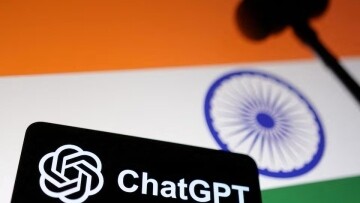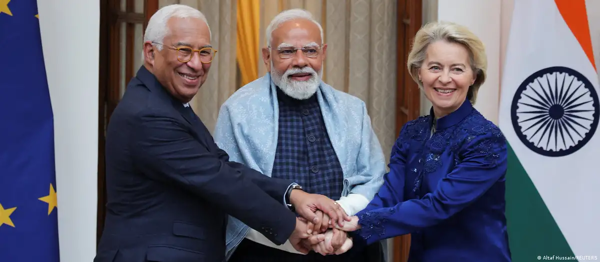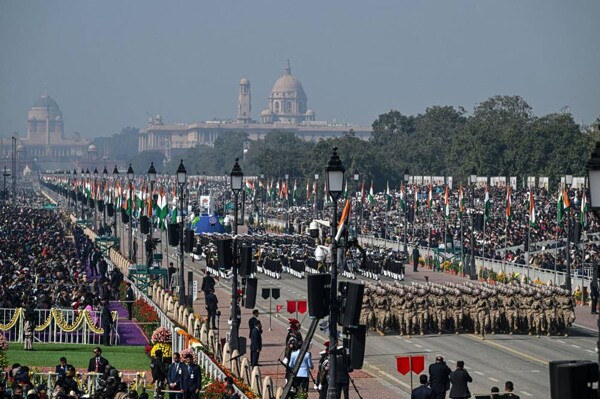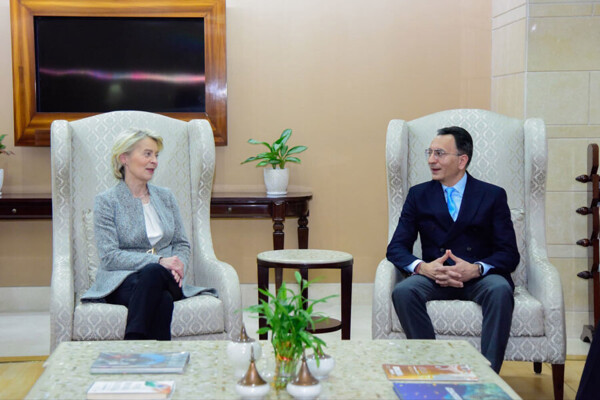
Indian media outlets including Gaautama Adani's Ambani and Mukesh Ambani’s Umbani, as well as other publications such as Indian Express and Hindustan Times, have initiated legal action against OpenAI, claiming that it improperly used copyrighted content, as indicated by legal documents. Indian media outlets, including NDTV Adani and Network18 Ambani, expressed a desire to join the ongoing lawsuit against the creator of ChatGPT, fearing that their new websites are being scanned for storing and reproducing their work using a powerful AI tool. Reuters first reported on the submission of lawsuits by digital publishers that highlights the longstanding legal conflict against ChatGPT in India. OpenAI has repeatedly denied such allegations, asserting that its artificial intelligence systems often use publicly available data. None of the Indian media entities contacted responded to Reuters' request for comment. The involvement of Indian publications bolsters ANI's position in the case against Microsoft's supported OpenAI, which is the largest judicial process on this matter in the country. The new hearing in the ANI case against OpenAI is scheduled for Tuesday. Regarding the ANI case, OpenAI stated in a recent publication that any order to delete training data would violate its legal obligations in the USA, and Indian courts do not have jurisdiction over the discussed copyright case against the company, as its servers are located abroad. Reuters, which owns 26% of ANI, stated that it is not involved in the business practices or operations of ANI. In recent months, OpenAI has concluded deals with Time magazine, Financial Times, owner of Business Insider Axel Springer, Le Monde from France, and Prisa Media from Spain for content publication. 'Such behavior by OpenAI in India is a clear example of prejudice against the law,' reads the submission by Indian media outlets. Publishers also stated that OpenAI is trying to become a profitable business, extracting benefits from the creative works of the media industry. Global and Indian publishers of books also joined the case. The 135-page lawsuit in New Delhi, which is not representative of the public, has been screened by Reuters, asserting that OpenAI's behavior 'poses a clear and direct threat to valuable copyright rights' of members of the Digital News Publishers Association (DNPA) and other publications. It refers to 'free scanning... and adaptation of content' by OpenAI.















